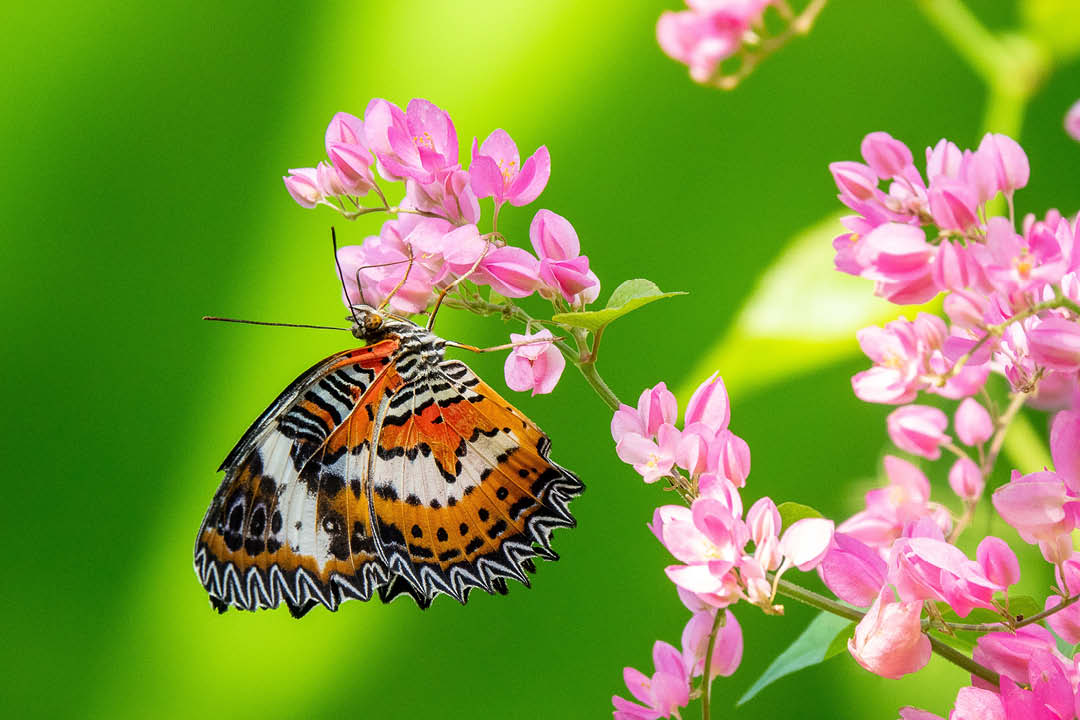An article in the Clinical Medicine Journal of the Royal College of Physicians written by Sir Richard Thompson, the past president, highlighted increasing evidence that plants, green spaces, and gardening benefit mental and physical health. Sir Richard Thompson referred to a Japanese study that found that looking at plants alters electrocardiogram readings (which check the electrical activity of the heart), improves mood and reduces pulse rate, muscle tension, and blood pressure. It cannot be stressed enough that it is impossible to think of a drug taken in isolation that could achieve this. Spending time among nature can be transformative. In our extraordinary difficult times, we can keep our spirits up by appreciating the arrival of spring. My big, beautiful bumblebees are busy among my many flowering blossoms, and with the sunlight comes the scent of spring.
No matter how turbulent is the daily news or how stressful my daily life can be, just five minutes into my work in the garden takes all that garbage away as if a heavy coat has slipped off my shoulders. It is a form of meditation but I don’t need to think of my big toe or the end of my nose and empty my head of thoughts, instead focusing on what is needed to be done to make plants, living creatures, happy. It makes me feel blissfully relaxed and satisfied. Of course, those who work long hours, commute or have young families, meditation for a short time is without doubt beneficial. The plaque on the wall of my garden carries a Roman maxim: ‘Who plants a garden, plants happiness.’ To paraphrase a saying: ‘If you want to be happy for a month, fall in love; if you want to be happy for a year, get married – but if you want to be happy for life, tend a garden.’
We need to keep calm and carry on. It is essential to walk in the garden, park or forest because as you walk, something wonderful happens. The pace of your steps changes as you find the rhythm of the day. As someone once said ‘You can walk fear into the ground.’ To watch the birds while walking, you became part of their real world, a place of pure existence. In these worrying times, try to look at the world as they see it with trees and bushes blossoming like fireworks. As a writer, H. Clare, wrote: ‘As the new warmth falls on your face and sets the grass glowing, you can almost believe sunlight has a scent. The rough fields give up a smell of mud and sedge green-gold, earthy and reedy. It is the tang of the turning of the year, the return of colour and hope. And then the treasures of spring. Moss on a wall, a lance of sunlight, a shadow blueing, a chaffinch singing: these are the gifts of life.’
We will survive. The beauty of nature surrounds us. The swallows will come back and the swifts will return. The starlings already swoop across the blue of the sky. The residing squirrels slide down the branches. The good news is that the numbers of butterflies are rising. Last year was their most prolific since 1997, with more than half of species seeing a population increase. Life, as we have known, will come back. Try to smile and greet the oncoming summer.







